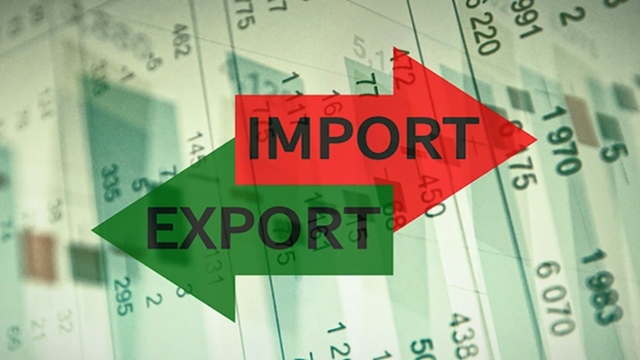FT online
Published:2019-03-19 21:26:47 BdST
6FYP misses export, import targets
Bangladesh needs to boost its allocation in education and health sector, otherwise the country may face disparity in these areas in the near future, experts warned at a meeting on Monday.
At the same time, there should be greater coordination between the finance and planning ministries on how budget is allocated, they said.
The views came at a meeting organised by the Planning Commission to share the final evaluation of the sixth five year plan in Dhaka.
"One of the main reasons why Bangladesh has been so successful in the social parameters is that most of the social solutions have been brought to the rural poor at a very low cost," said economist Dr. Wahiduddin Mahmud at the meeting.
As a result, "The poor section of the society has made greater strides in the social parameters like health and education than the rich segment," he added.
But there may be lesser opportunities available for social solutions at such a low cost in the near future, Dr Mahmud argued.
"In such a scenario, we have to allocate a bigger portion of our GDP in health and education in the near future," he said.
Otherwise, the country may witness a greater disparity in the areas of health and education in the coming years, the eminent economist cautioned.
Dr. Mahmud's warning came after views at the meeting the government has failed to ramp up its allocation for health, education and social protection during the last decade.
"In the sixth five year plan, our target was to increase our allocation to education to four per cent of GDP-but we were not able to do so," said member of the Planning Commission Professor Shamsul Alam.
Most of the Southeast Asian countries allocate 4.0 per cent of their GDP to education, he pointed out.
In this context, Dr. Mahmud called for greater allocation of resources for education and health sectors to avert any future disparity in these social parameters.
He also called for greater coordination between the finance ministry and the planning ministry when it comes to determining budgetary allocation.
The economist pointed out although domestic private investment as percentage of GDP has increased during the sixth five year plan period, the growth was mainly driven by public investment while private capital remained stagnant at the same time.
The government data shows that while gross domestic investment as percentage of GDP has risen from 27.4 per cent to 28.9 percent between FY 11 and FY 15, private investment has inched down from 22.2 per cent to 22.1 per cent during the same period.
Meanwhile, public investment as percentage of GDP has increased from 5.3 per cent to 6.8 per cent during the 6th Five Year Plan period.
"In recent years, there has been increased public investment in infrastructure but that investment is dependent on foreign loan," Dr. Mahmud said.
"Such increased burden of foreign loan could become a problem in the future if those costly infrastructure schemes cannot ultimately create the necessary environment for private and foreign direct investment," he said.
Experts at the meeting observed the contribution of agriculture in GDP has decreased from 18 per cent in FY 11 to 16 per cent in FY 15.
Highlighting this, Dr. Mahmud said although, the contribution of agriculture in GDP has decreased to 16 per cent, around 40 per cent of the workforce is still engaged in agriculture.
"So, we need to strengthen our human resources and equip them with the required skills, education and training to make the best use of our demographic dividend," he said.
Speaking on the occasion, planning commission officials also lamented the government's failure to increase the taxation to GDP ratio which, they said, nosedived during the 6th Five Year Plan period.
"Exports and imports have failed to meet the target while inflation could not be brought down as expected," said Professor Alam.
Speaking during the meeting, agriculture minister Abdur Razzaque called for augmenting the domestic market's capacity.
"One of the major challenges for our agriculture sector is that our domestic market does not have enough consumption capacity for our optimum agricultural production," Mr Razzaque said.
"Therefore, we have to boost our local income. And for that, we need more industrialisation," the minister said.
"We have to increase our domestic market while also explore the international market," he added.
Planning minister M A Mannan, in his speech, emphasised better prioritisation of development schemes.
"Currently, there are some imbalances in our prioritisation", the planning minister said. He also emphasised long term investment in education and energy sectors.
Principal Coordinator for SDG Affairs Md. Abul Kalam Azad also spoke during the meeting.
Unauthorized use or reproduction of The Finance Today content for commercial purposes is strictly prohibited.


